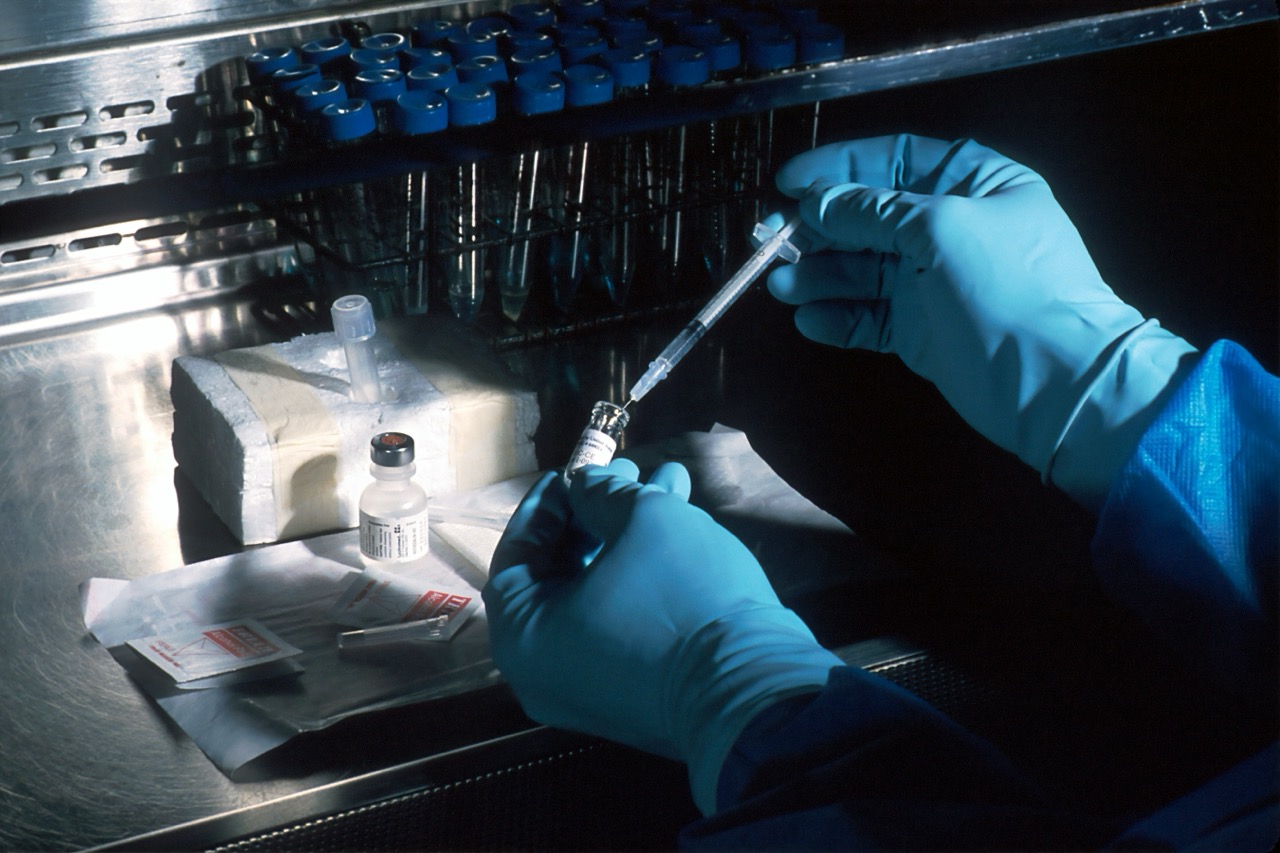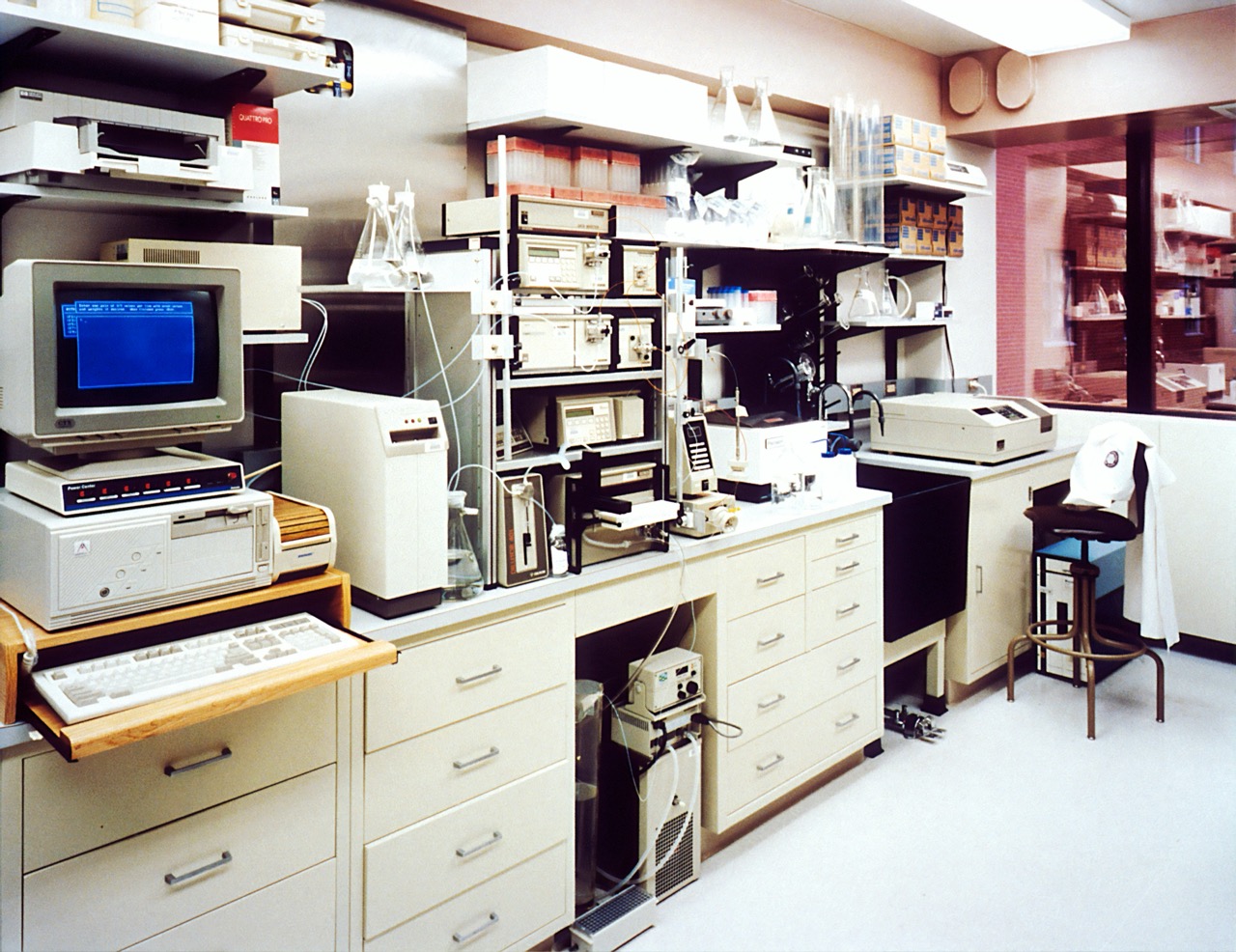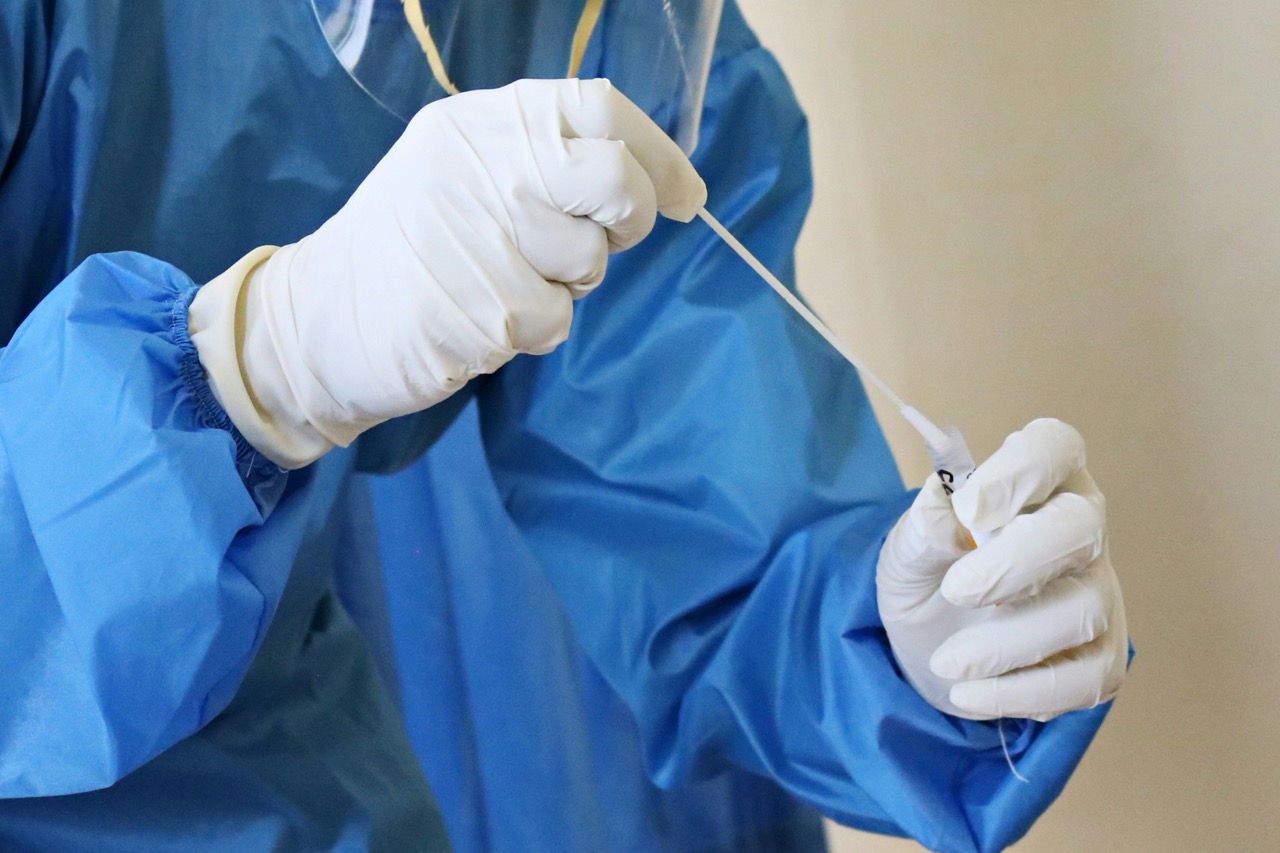Human Papillomavirus (HPV) is one of the most common sexually transmitted infections (STIs) worldwide, affecting a significant portion of the population. While many individuals may carry the virus without even being aware, a diagnosis can trigger a wide range of emotional reactions and psychological challenges. Understanding the implications of an HPV diagnosis is crucial for those affected, as well as for healthcare providers and loved ones who play a role in support and care. This article explores the prevalence of HPV, emotional responses to a diagnosis, coping strategies, and the importance of community support.
Understanding HPV: Prevalence and Common Misconceptions
HPV is a group of more than 200 related viruses, with around 40 strains that can be transmitted through intimate skin-to-skin contact. According to the Centers for Disease Control and Prevention (CDC), approximately 79 million Americans are currently infected with HPV, and about 14 million people become newly infected each year. While most infections are asymptomatic and resolve without treatment, certain strains are linked to serious health complications, including cervical cancer and other genital cancers, as well as oropharyngeal cancers.
Despite its prevalence, numerous misconceptions surround HPV that can exacerbate feelings of fear and anxiety. Many individuals believe that an HPV diagnosis equates to infidelity or promiscuity, leading to shame and guilt. There is also a widespread misunderstanding that HPV is solely a female issue; however, it affects individuals of all genders. This lack of comprehensive understanding can contribute to the stigmatization of those diagnosed, hindering open conversations about the virus and its implications.
Education is vital to combat these misconceptions. Public health initiatives have aimed to raise awareness about HPV, emphasizing that anyone who is sexually active can contract the virus, regardless of their sexual history. Understanding that HPV is common, often asymptomatic, and sometimes resolves on its own can help individuals approach their diagnosis with a sense of clarity rather than panic.
Emotional Responses: Anxiety and Stigma After Diagnosis
Receiving an HPV diagnosis can lead to a variety of emotional responses, with anxiety being one of the most prevalent. Concerns about health outcomes, potential complications such as cancer, and the implications for current or future relationships can create a significant mental burden. Patients may feel overwhelmed by uncertainty, particularly if they are not aware of the specifics of their situation or the nature of the strain they have contracted.
Stigma, both self-imposed and societal, often accompanies an HPV diagnosis, contributing to feelings of shame, isolation, and fear. Individuals may worry about how others will perceive them, leading to anxiety about disclosing their diagnosis to partners, friends, or family members. This fear of judgment can create barriers to seeking support and discussing the diagnosis openly, further exacerbating feelings of loneliness and despair. The stigma surrounding STIs can make it difficult for individuals to navigate their emotions and seek the help they need.
The psychological impact of an HPV diagnosis is compounded by societal attitudes towards sexual health. Many people feel that discussing STIs is taboo, which can prevent individuals from accessing vital information and support. Recognizing that these emotional responses are valid and common can serve as a crucial first step in addressing the psychological toll of an HPV diagnosis.
Coping Strategies: Managing the Psychological Toll of HPV
Effectively managing the psychological impact of an HPV diagnosis involves developing healthy coping strategies. Individuals are encouraged to educate themselves about HPV, understanding that most infections are transient and do not lead to serious health issues. Knowledge can empower individuals, helping to diminish fear and anxiety associated with the diagnosis. Engaging with credible sources, such as healthcare providers or reputable organizations, can provide clarity and guidance.
Another effective strategy is to practice mindfulness and stress-reduction techniques. Activities such as meditation, yoga, or engaging in hobbies can help individuals manage anxiety and foster a sense of emotional well-being. Additionally, journaling can be a powerful tool for processing feelings and reflecting on the emotional journey following a diagnosis. By creating a safe space for thoughts and emotions, individuals can better navigate their feelings and reduce the mental burden.
Establishing a routine that incorporates physical health, such as regular exercise and a balanced diet, can also bolster mental health. Physical activity has been shown to reduce anxiety, improve mood, and increase overall resilience. By prioritizing both mental and physical health, individuals can create a more holistic approach to managing the psychological toll of an HPV diagnosis.
Support Systems: Importance of Community and Counseling
The role of support systems is paramount in mitigating the psychological impact of an HPV diagnosis. Connecting with others who have had similar experiences can provide a sense of community and understanding. Support groups, either in-person or online, allow individuals to share their stories, fears, and coping strategies, fostering an environment of acceptance and solidarity. These groups can serve as a valuable resource for emotional support and guidance.
Counseling is another vital avenue for managing the emotional fallout of an HPV diagnosis. Professional therapists can help individuals process their feelings, build coping strategies, and address any underlying issues such as anxiety or depression. Cognitive-behavioral therapy (CBT) has been shown to be effective in helping individuals reframe negative thoughts and develop healthier perspectives on their diagnosis. By engaging with a counselor, individuals can work through stigma and anxiety in a safe, confidential space.
In addition to peer support and professional counseling, open communication with partners is essential. Sharing an HPV diagnosis with a partner can foster intimacy and trust, alleviating fears associated with disclosure. Educating partners about HPV can also reduce stigma and promote healthier sexual practices. By nurturing both personal and community connections, individuals can build a robust support system to navigate the psychological impact of their diagnosis.
An HPV diagnosis can evoke a multitude of emotional responses, from anxiety to feelings of stigma. Understanding the prevalence of HPV and addressing common misconceptions are crucial in mitigating these feelings. By embracing coping strategies and fostering supportive relationships with communities and professionals, individuals can better navigate the psychological challenges posed by an HPV diagnosis. Ultimately, creating an environment that encourages open discussions about sexual health can empower those affected and reduce the stigma surrounding this common virus.









